In a significant move, President Donald Trump has appointed tech entrepreneur Elon Musk and biotech executive Vivek Ramaswamy to lead the newly established Department of Government Efficiency (DOGE). This initiative aims to overhaul the U.S. federal bureaucracy by reducing wasteful expenditures, eliminating redundant regulations, and restructuring federal agencies. While the administration touts the potential for substantial savings and enhanced efficiency, the proposal has sparked considerable debate among lawmakers, ethics experts, and the public.
The Vision Behind DOGE
The primary objective of DOGE is to streamline government operations, cut unnecessary spending, and promote a more efficient federal structure. Musk and Ramaswamy have outlined ambitious goals, including:
- Reducing Federal Spending: Aiming to cut $2 trillion in annual expenditures by identifying and eliminating wasteful programs and inefficiencies.
- Regulatory Overhaul: Simplifying and removing outdated regulations to foster a more business-friendly environment.
- Agency Restructuring: Consolidating or dissolving certain federal agencies to improve functionality and reduce redundancy.
Reactions from Republican Lawmakers
The announcement of DOGE has elicited mixed responses from Republican legislators:
- Supportive Voices: Some Republicans view the initiative as a necessary step toward fiscal responsibility and government reform. They appreciate the focus on reducing spending and eliminating bureaucratic inefficiencies.
- Skeptical Perspectives: Others express concerns about the feasibility of achieving the proposed savings and the potential impact on essential government services. They question whether the ambitious targets are realistic and worry about the practical implications of such extensive reforms.
Concerns Raised by Ethics Experts
Ethics professionals have highlighted several issues regarding the roles of Musk and Ramaswamy in DOGE:
- Potential Conflicts of Interest: Given their substantial business interests, there is apprehension that their involvement could lead to decisions favoring their personal enterprises, potentially at the expense of public interest.
- Lack of Transparency: The unconventional nature of their appointments, described as “outside of government,” raises questions about the transparency of their actions and the extent to which they will be held accountable.
- Financial Disclosure Exemptions: Concerns exist that Musk and Ramaswamy might not be subject to standard financial disclosure requirements, limiting public insight into potential conflicts of interest.
Public and Political Backlash
The establishment of DOGE has faced criticism from various quarters:
- Democratic Opposition: Democratic lawmakers argue that the initiative represents an overreach of executive power, potentially undermining the balance of power between branches of government. They express fears that the restructuring could lead to the erosion of essential public services and a shift of authority from Congress to the executive branch.
- Public Distrust: Segments of the public are wary of the potential for increased privatization and the reduction of government programs that serve vulnerable populations. There is concern that the drive for efficiency might compromise the quality and accessibility of public services.
Legal Challenges and Judicial Oversight
The implementation of DOGE has encountered legal hurdles:
- Access to Sensitive Data: A federal judge is set to rule on whether Musk’s team can access Treasury Department records containing personal data of millions of Americans. This decision is crucial, as it pertains to the balance between executive authority and individual privacy rights.
- Constitutional Scrutiny: Legal experts are examining whether the executive order establishing DOGE infringes upon constitutional principles, particularly concerning the separation of powers and the scope of executive authority.
Implications for Government Efficiency and Public Services
While the goal of enhancing government efficiency is widely supported, the approach taken by DOGE raises several questions:
- Impact on Federal Employees: Proposed measures, such as agency downsizing and restructuring, could lead to significant job losses and affect the livelihoods of federal workers.
- Effectiveness of Proposed Reforms: There is debate over whether the proposed changes will lead to meaningful improvements or merely serve as cost-cutting measures without addressing underlying systemic issues.
- Long-Term Sustainability: Critics question whether the reforms will be sustainable in the long term or if they will result in unintended consequences that could undermine the quality of public services.
Conclusion
The establishment of the Department of Government Efficiency under Elon Musk and Vivek Ramaswamy marks a significant shift in the approach to federal governance. While the initiative aims to address long-standing concerns about government inefficiency and spending, it also raises critical questions about executive power, potential conflicts of interest, and the preservation of essential public services. As the situation develops, it will be imperative to balance the pursuit of efficiency with the protection of democratic principles and the well-being of the public.
Disclaimer – Our editorial team has thoroughly fact-checked this article to ensure its accuracy and eliminate any potential misinformation. We are dedicated to upholding the highest standards of integrity in our content.






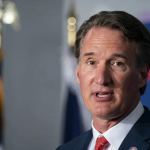

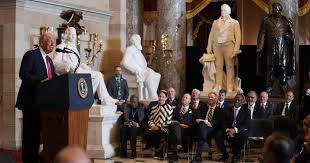

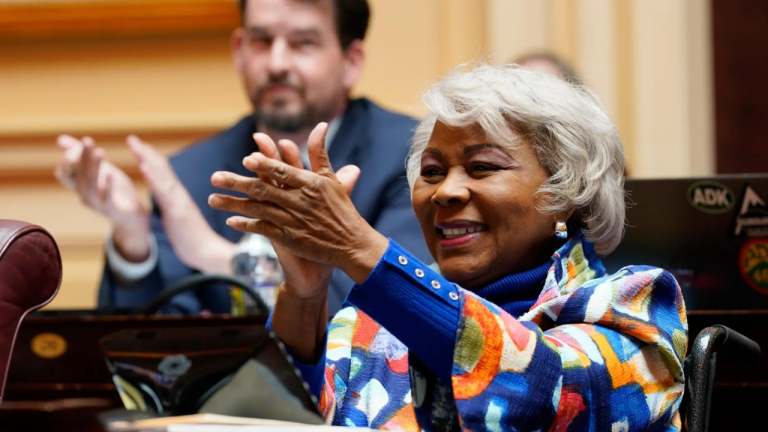

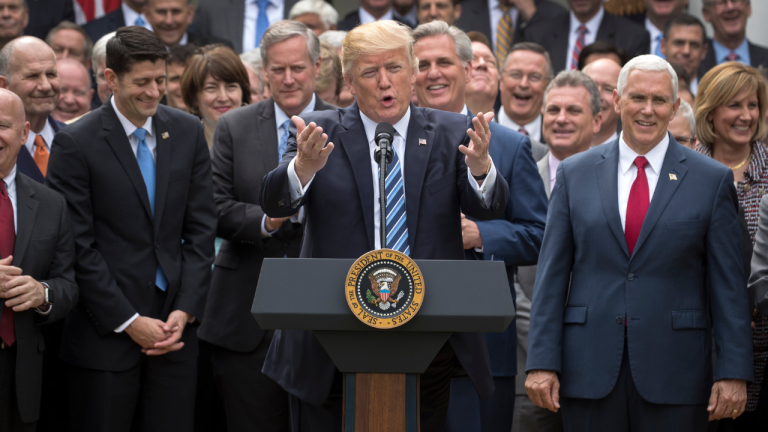



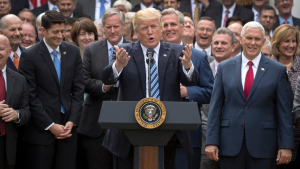

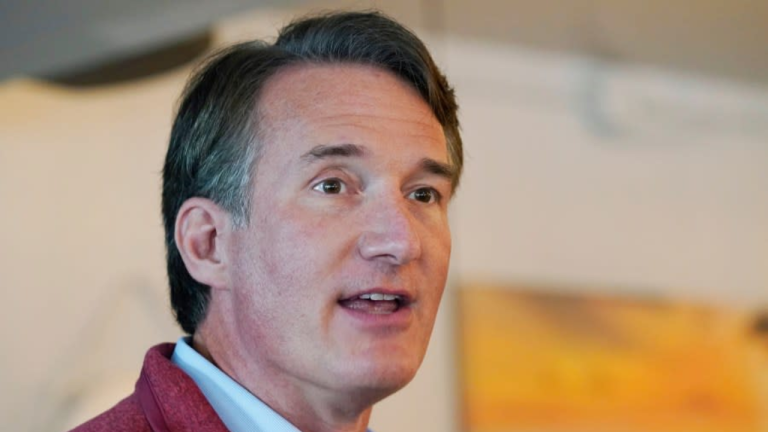



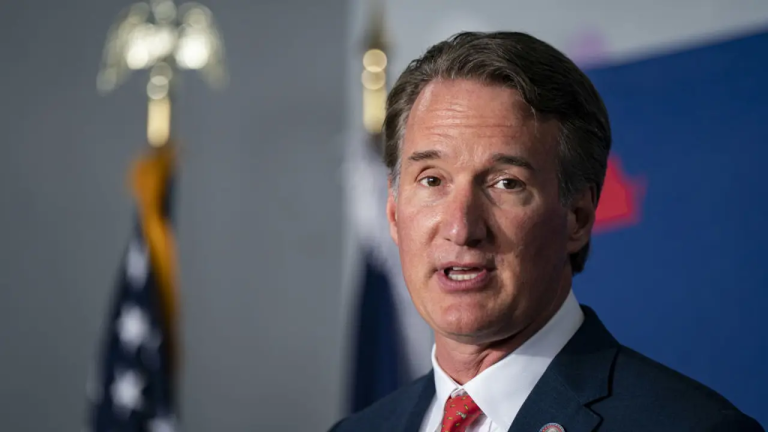





+ There are no comments
Add yours